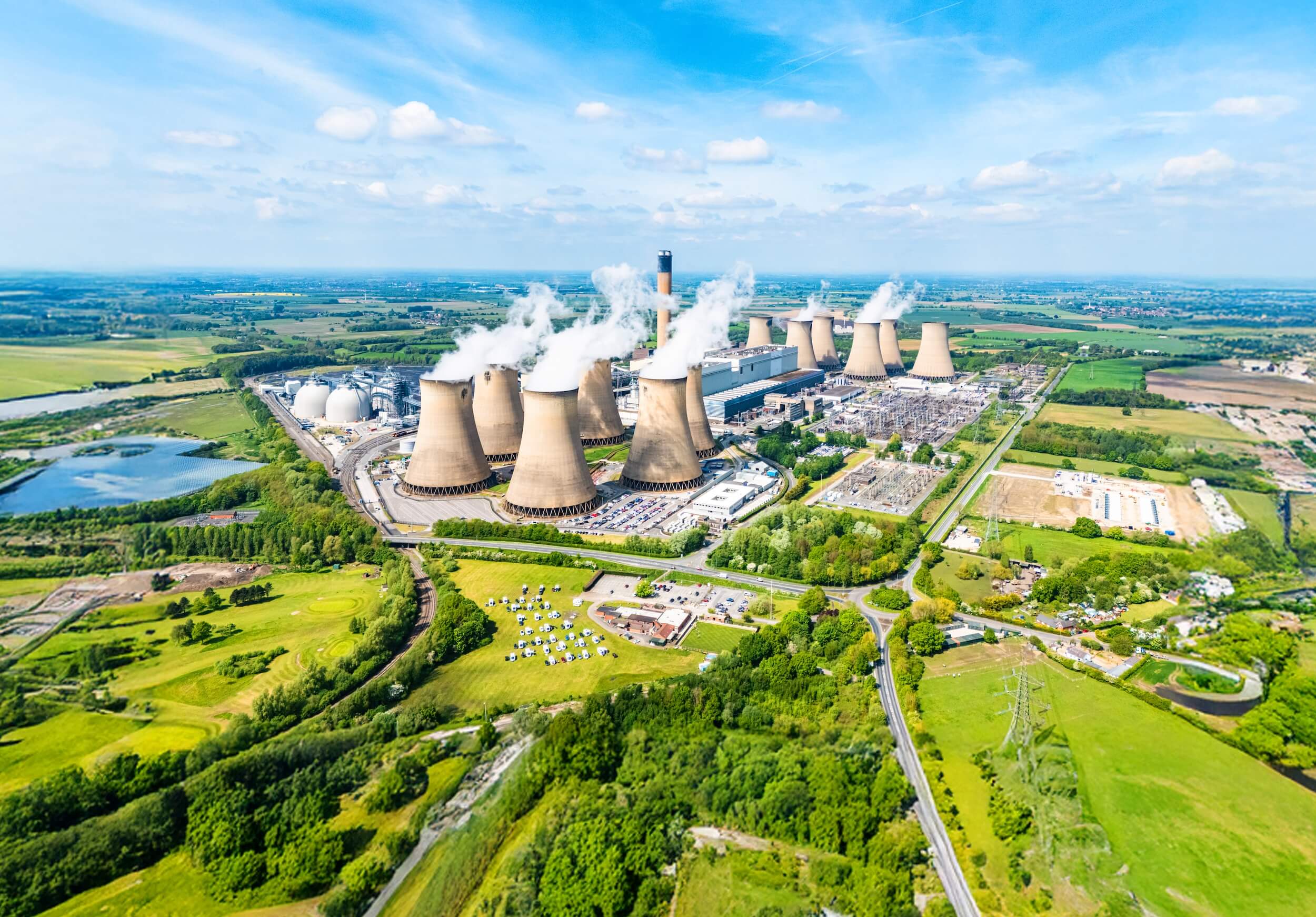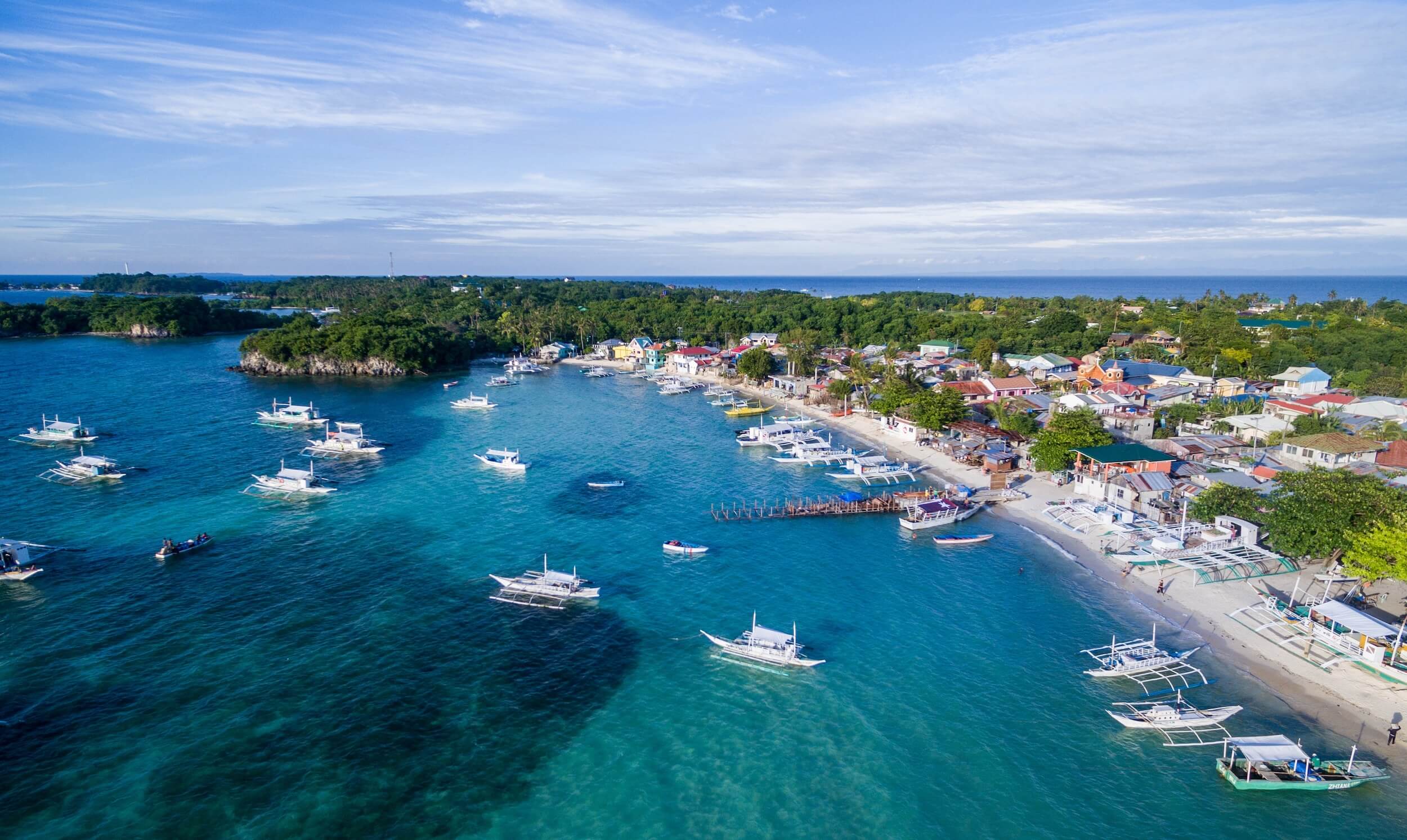






Climate action, particularly reducing greenhouse gas (GHG) emissions, has become a key objective of an increasing number of official development assistance (ODA) projects. International financial institutions, bilateral aid organisations, and multilateral development banks are directing significant resources toward initiatives aligned with the Paris Agreement. These organisations have funded a broad spectrum of activities, from expanding renewable energy infrastructure to capacity-building programmes on climate-smart agriculture. Such recalibration of ODA priorities as mentioned above underscores the growing recognition of climate change as an existential threat necessitating a global response at scale.
Recent policy trends indicate a broadening of climate action beyond carbon dioxide (CO2) to include other GHGs such as methane (CH4). While early efforts targeting CO2 emissions focused on the energy sector, the inclusion of methane is spurring reforms in additional sectors, including agriculture and livestock, waste and wastewater management, and mining. To cut down on methane, these sectors have adopted alternate wetting-and-drying for rice farming, anaerobic digestion for organic waste treatment, and methane drainage systems in active or abandoned coal mines.
A major factor driving the inclusion of methane as one of climate action priorities is the inadequacy of existing measures in meeting the targets set forth in the Paris Agreement. Despite numerous governmental and institutional commitments, global emissions continue to rise, and the resulting impacts– notably, the increased frequency and severity of extreme weather events– pose significant threats to global prosperity and human existence. As a result, climate finance mechanisms and mitigation strategies are also being strengthened to expedite emissions reduction, as indicated by the growing proportion of climate action in total ODA flows.
Still, while climate change is recognised as one of the most significant global challenges, it is not the foremost national priority, particularly in developing countries. Governments, including those in the ASEAN region, must contend with other important issues related to education, healthcare, industrialisation, national competitiveness, and, increasingly, national security, to name a few. Their policymakers face the complicated challenge of balancing economic growth with sustainability goals, ensuring climate policies do not inadvertently impede progress in other vital sectors. This is even more true in countries where climate action is no longer the sole domain of the Ministry of Environment but is integrated into the strategic outcomes of other ministries.
Projects that exclusively focus on climate action risk diminishing local stakeholders’ long-term engagement and support. Governments and businesses may hesitate to endorse climate initiatives if perceived as constraining economic growth or reducing national competitiveness. Additionally, communities reliant on carbon-intensive industries, such as coal mining and palm oil production, may resist transitions threatening their economic livelihoods. To be effective, projects must be implemented based on a clear understanding of ministries’ actual priorities (e.g., the Ministry of Agriculture’s primary focus is agricultural development rather than climate change) and how climate-related activities can contribute to, or at least not negatively impact, those goals.
The ASEAN-Korea Cooperation for Methane Mitigation (AKCMM) was launched in this context. As a flagship project of the ASEAN-ROK cooperation in the environment sector, following up on the milestone establishment of ROK’s Comprehensive Strategic Partnership (CSP) with ASEAN last year, AKCMM aims to advance methane reduction efforts while promoting economic growth within ASEAN Member States. The environment is a high-priority area of ROK’s cooperation with ASEAN, and the AKCMM, a three-year, 20-million-USD initiative, is one of the five environmental projects supported by the ASEAN-Korea Cooperation Fund (in the current AKCF portfolio, environmental projects account for 32.6 per cent of the total funding amount). The project is designed to scale up methane mitigation efforts across ASEAN Member States through four key areas: (i) strengthening policies and institutions, (ii) improving measurement and reporting of methane emissions, (iii) implementing methane reduction projects, and (iv) promoting regional knowledge-sharing. The projected outputs include the following:
- AKCMM will support the development of the ASEAN Methane Reduction Roadmap (MRR) and National Methane Reduction Plans (MRP) to guide methane mitigation at both regional and national levels. These plans will identify key emission sources, future projections, and priority actions. Methane Reduction Committees (MRCs) in each Member State will oversee the plans and facilitate policy coordination. Additionally, AKCMM will deliver capacity-building programmes, equipping government agencies with technical skills to implement effective mitigation policies.
- To enhance methane emissions measurement and reporting, AKCMM will conduct a comprehensive gap analysis of existing inventories, addressing methodological and data limitations. The project will improve emission estimates in priority sectors by developing country-specific emission factors and supporting Member States in fulfilling their reporting obligations under the Paris Agreement’s Enhanced Transparency Framework. Strengthening Measurement, Reporting, and Verification (MRV) systems will improve access to climate finance and inform data-driven policymaking.
- AKCMM will facilitate identifying and implementing high-impact methane reduction projects in agriculture, energy, and waste sectors. ASEAN Member States and Global Green Growth Institute (GGGI) will collaborate to shortlist viable projects, which will undergo feasibility studies to assess technical, economic, and regulatory aspects. Selected projects will receive financial and technical support for implementation, ensuring alignment with national priorities. A structured approach, guided by the MRCs, will provide project scalability and long-term sustainability.
- AKCMM will establish an ASEAN knowledge platform for methane reduction under the ASEAN Environment Knowledge Hub to foster knowledge-sharing. Managed by GGGI, the platform will provide standardised knowledge products and services, including training, expert working groups, conferences, and webinars. It will also showcase project achievements through blogs, stories, photos, and videos, promoting best practices and regional collaboration on methane mitigation.
As the global climate agenda evolves, initiatives such as AKCMM underscore the necessity of integrating emissions reduction strategies with broader development goals. By aligning climate action with economic growth, ASEAN and the Republic of Korea can collaboratively foster a sustainable and prosperous future. The insights gained from AKCMM can serve as a valuable reference for future initiatives that aim to solve other critical environmental challenges while advancing regional stability and economic progress.
The views and opinions in the article are the authors’ only, not their organisations.








